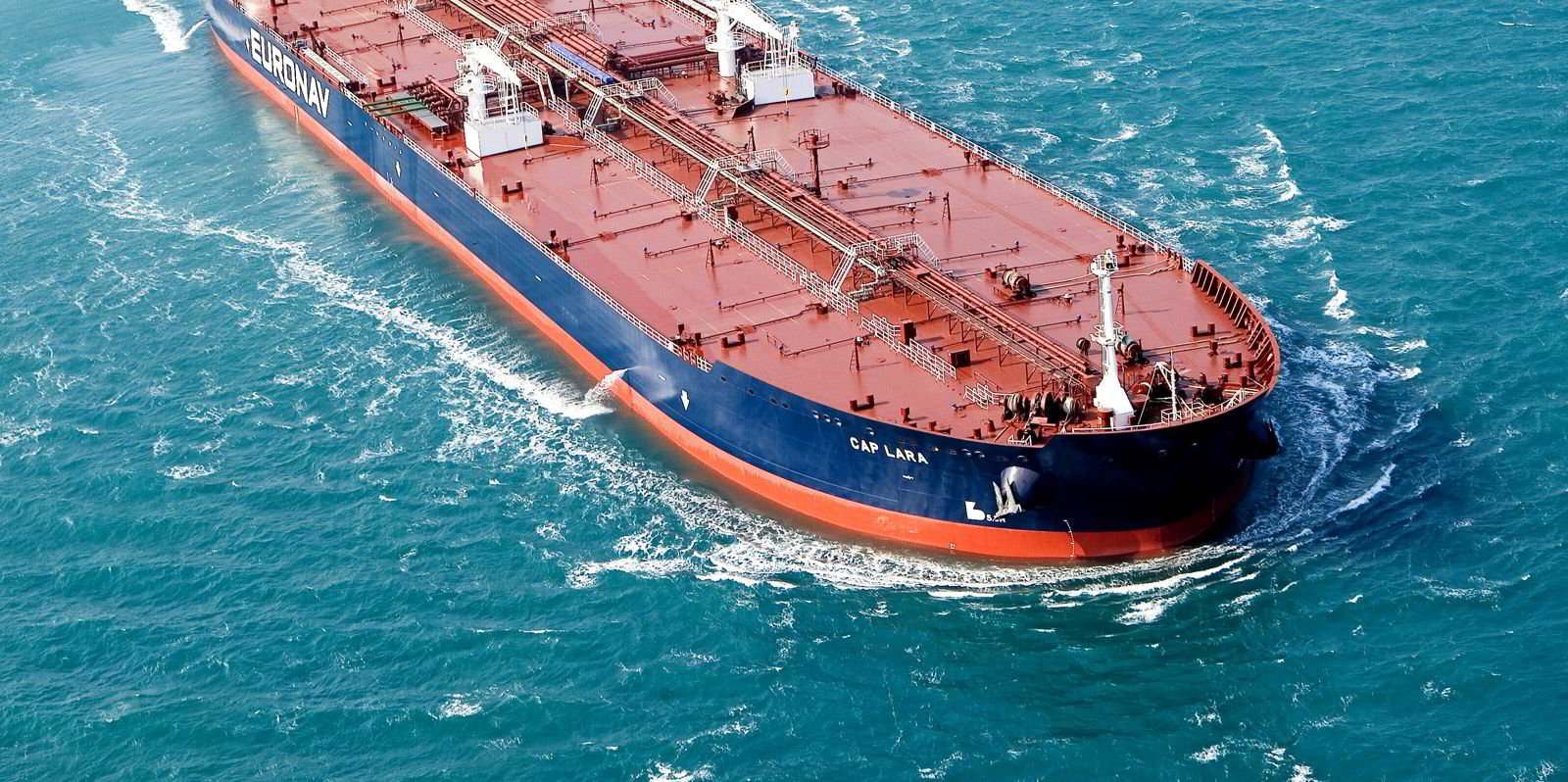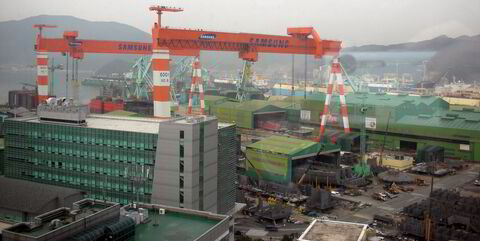Euronav remains committed to its decision to reroute VLCCs and suezmaxes away from the Red Sea.
The Belgian tanker owner was among the first to publicly state it would not send tankers through the Suez Canal or Bab el-Mandeb strait in mid-December, following the first wave of attacks on vessels by Yemen’s Houthi militia.
Chief executive Alexander Saverys was asked on an earnings calls about the cost of protective measures for its vessels during the crisis.
“We don’t need to take any measures, because the best measure is not going there. We are basically sailing around and not crossing the area,” he responded.
“We were one of the very first companies to avoid the area after the Houthi rebel attacks on merchant shipping.
“We have not changed our viewpoint so far, so we will continue until further notice to go and choose other routes than through the Red Sea until that situation has become safer for our crews and for our ships.”
Saverys told the call that the impact of the diversions can be seen every day in shipping in general, and specifically for crude and product tankers.
“It is indeed creating more demand for ships because of the longer tonne-miles, and we’re expecting the situation, unfortunately, to last at least for the next couple of weeks,” he said.
But he hopes the situation can be resolved in the coming months.
In the tanker sector, product carriers have been most affected, with Clarksons Research calculating that Gulf of Aden arrivals are down 58% this week.
Crude ship calls are down 28%.
More vessels swerved the region after a missile strike set fire to a Trafigura-operated tanker last week.
More than 40 Houthi missile and drone attacks have been launched against commercial shipping since November, but the direct hit on the Marshall Islands-flagged, 110,000-dwt Marlin Luanda (built 2018) marked a rare success for the Iran-backed rebels.




